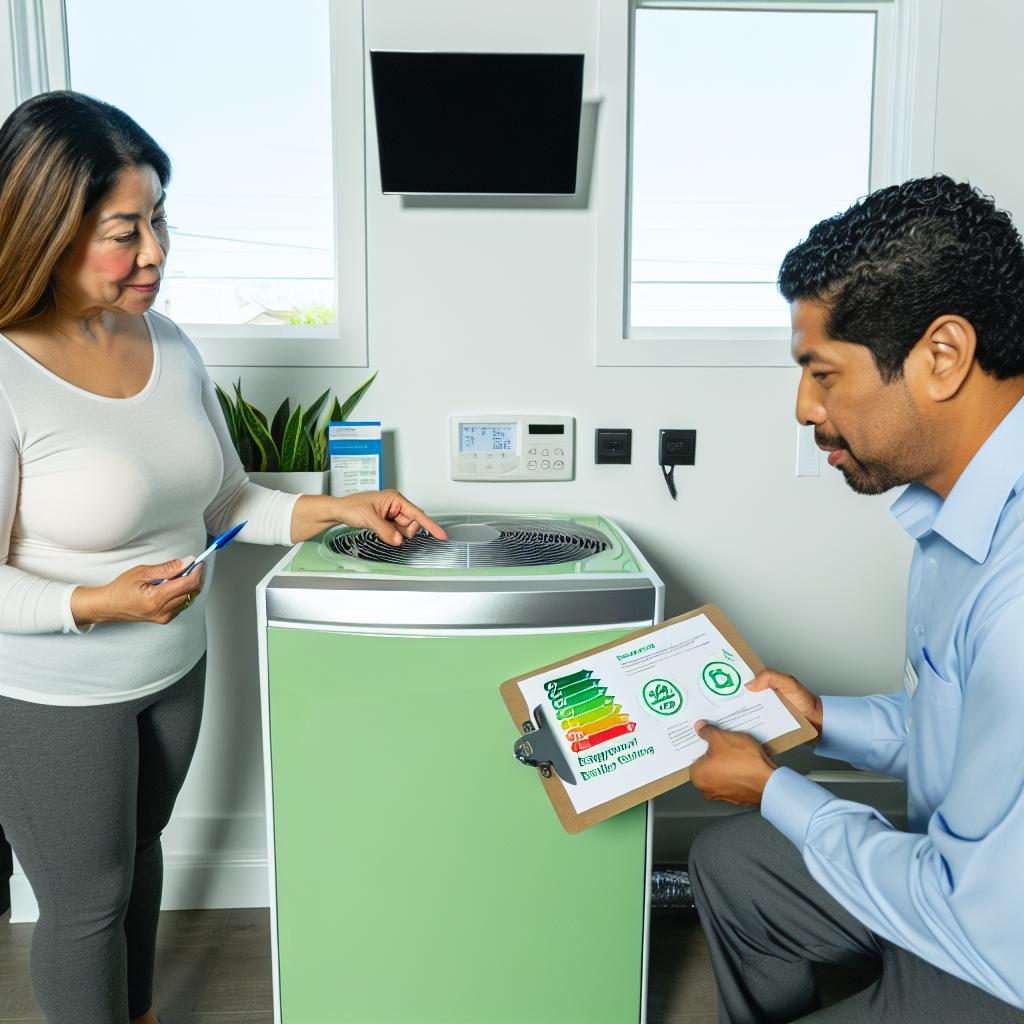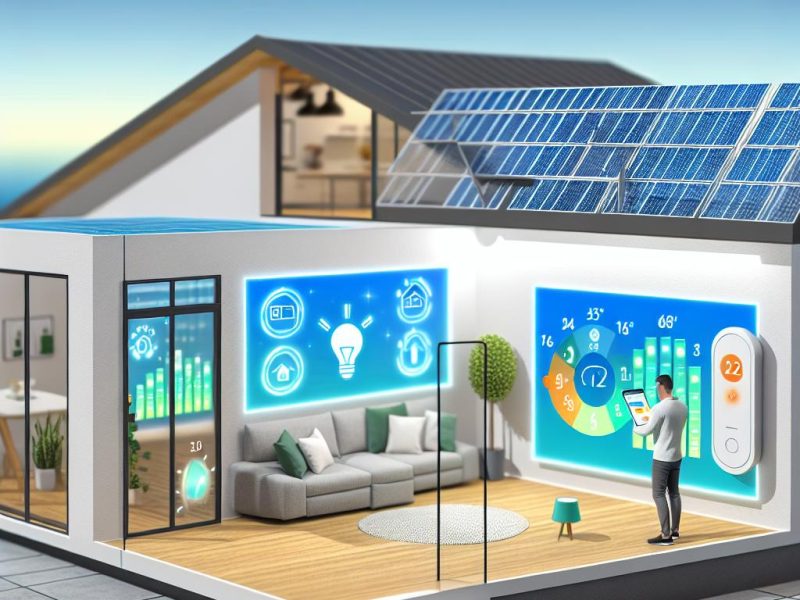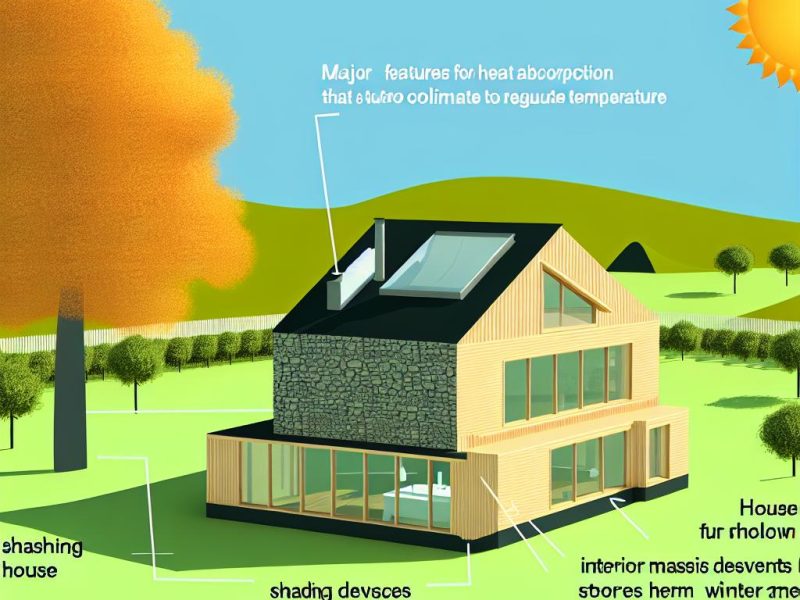Understanding HVAC System Energy Efficiency
When selecting an HVAC system, energy efficiency plays a crucial role in making an informed decision. It’s important to focus not only on the initial cost but also to consider the long-term benefits that come with an energy-efficient system. An HVAC system that uses less energy not only reduces environmental impact by lowering carbon emissions but also saves money on utility bills over time.
Key Metrics to Determine Energy Efficiency
To select an efficient HVAC system, familiarize yourself with several metrics that indicate energy efficiency. One major indicator is the Seasonal Energy Efficiency Ratio (SEER), which is used for air conditioners. The higher the SEER rating, the more efficiently the system uses electricity to cool a home or building. For instance, a system with a SEER rating of 18 is more efficient than one with a SEER rating of 13.
When it comes to heating systems like furnaces, the Annual Fuel Utilization Efficiency (AFUE) is the metric to consider. It expresses the percentage of fuel converted into heat. A furnace with a 95% AFUE rating converts 95% of its fuel into heat, wasting only 5%. For areas where heat pumps are an option, the Heating Seasonal Performance Factor (HSPF) should be on your checklist. Similar to SEER, a higher HSPF value indicates better efficiency.
Size and Load Requirements
Choosing the right size HVAC system is as vital as focusing on efficiency ratings. An incorrectly sized HVAC system leads to inefficiencies regardless of its SEER, AFUE, or HSPF ratings. An undersized system will have to work harder to maintain the desired temperature, leading to increased wear and tear and higher utility bills. Conversely, an oversized system may cycle on and off too frequently, causing unnecessary energy waste and discomfort due to inconsistent temperatures.
Conducting a load calculation is the best way to determine the proper size of the system required. Factors like the square footage of the area, climate zone, and insulation levels play significant roles in calculating the load requirements. Consulting with HVAC professionals can ensure a precise measurement and appropriate system selection.
Furnace and Boiler Considerations
Understanding the efficiency of furnaces and boilers is essential, especially in regions experiencing harsh winters. Seek out systems with high AFUE ratings for furnaces and boilers. Equipment with condensing technology is an excellent choice as they extract more heat from combustion products. This technology surpasses traditional models in maximizing energy conversion efficiency.
Checking for products certified by ENERGY STAR is a prudent strategy. These products meet or exceed the stringent energy efficiency guidelines set by the U.S. Environmental Protection Agency. Making an investment in such products ensures a reduction in energy consumption and operating costs over the system’s life.
Advanced Features for Efficiency
Modern HVAC systems offer several advanced features that significantly enhance energy efficiency. Features like variable-speed blowers and smart thermostats allow for refined control over heating and cooling outputs. Variable-speed blowers adjust the motor speed based on the heating or cooling demand, resulting in less energy use and improved comfort levels due to reduced temperature swings.
Smart thermostats provide additional convenience and efficiency. They adjust the system operation based on occupancy and personal preferences. The ability to control temperature settings remotely via smartphones or integrate with smart home systems means these thermostats optimize energy use effectively.
Regular Maintenance and Upkeep
Even the most sophisticated and energy-efficient HVAC systems require regular maintenance to function optimally. Committing to routine maintenance extends the lifespan of the equipment and ensures it operates at peak efficiency. Regular tasks include changing air filters, cleaning ducts, and inspecting the system for any leaks or inefficiencies.
Neglecting maintenance can result in a build-up of dust and debris that obstructs airflow, causing the system to work harder. Potential issues like refrigerant leaks or electrical problems can also hinder performance and increase energy usage. Resolving these issues through regular checks, usually conducted annually, ensures that the system continues to save both energy and money.
In conclusion, choosing an energy-efficient HVAC system means understanding the various metrics that signify efficiency, properly sizing the system for your space, and selecting models equipped with advanced features. It’s also vital to commit to regular maintenance to preserve system efficiency and protect both environmental and financial resources. Through thoughtful selection and diligence, a more comfortable and cost-effective living environment can be maintained.



